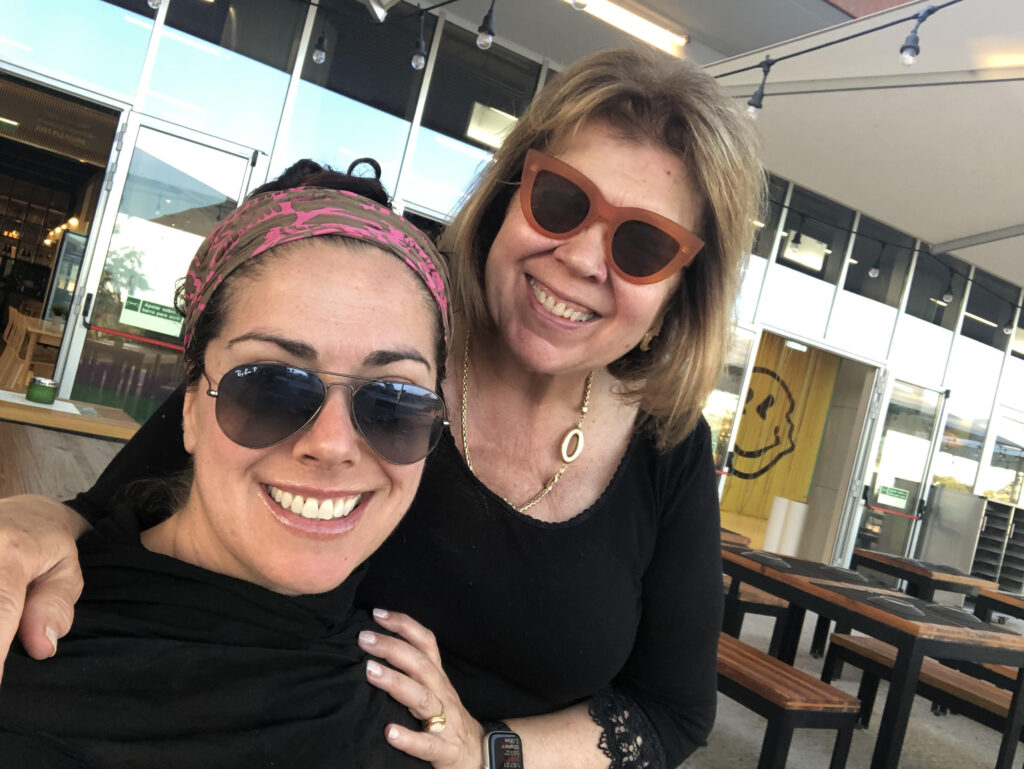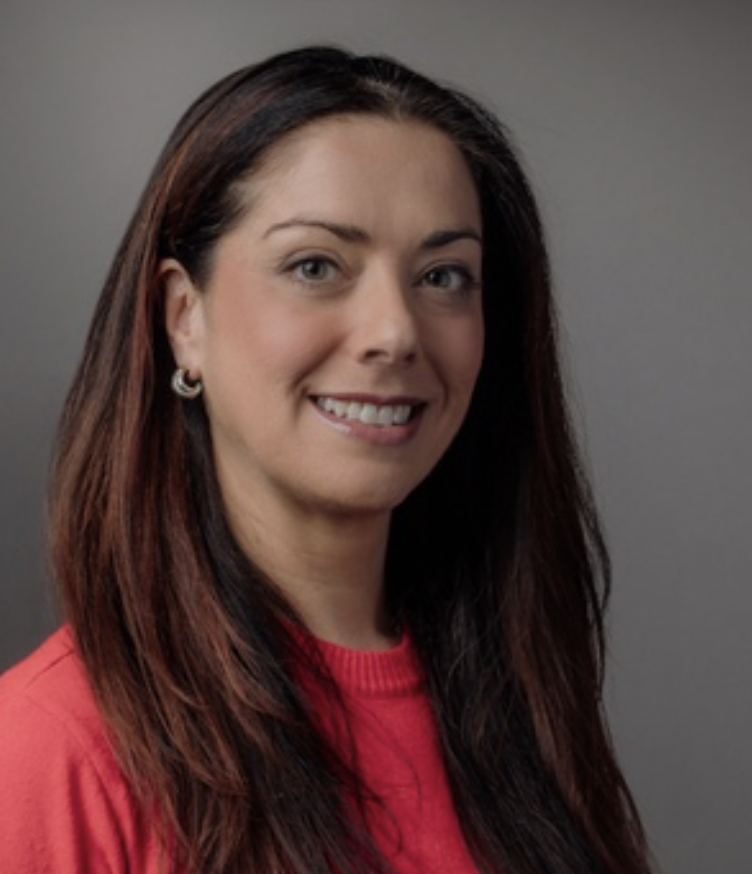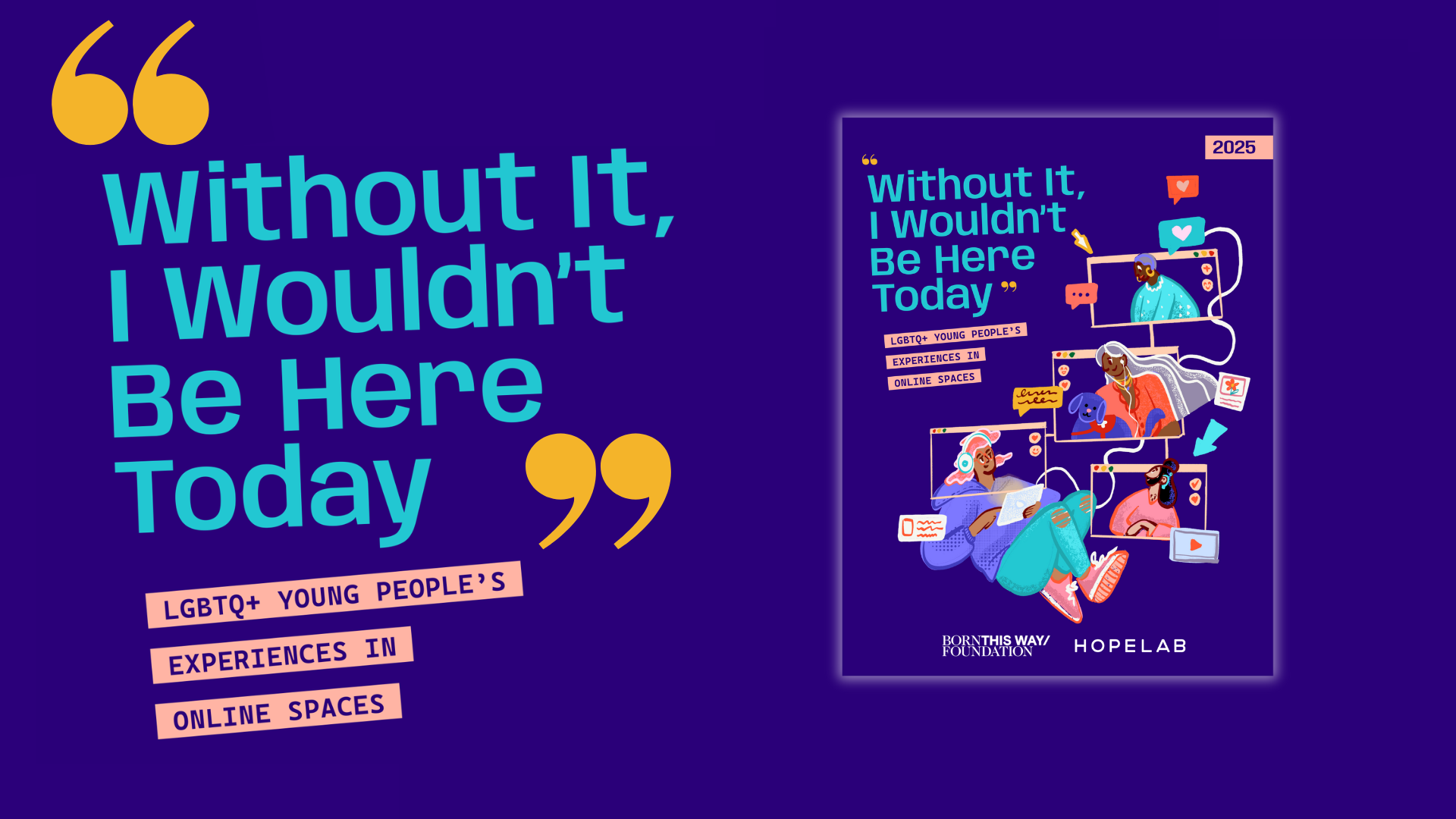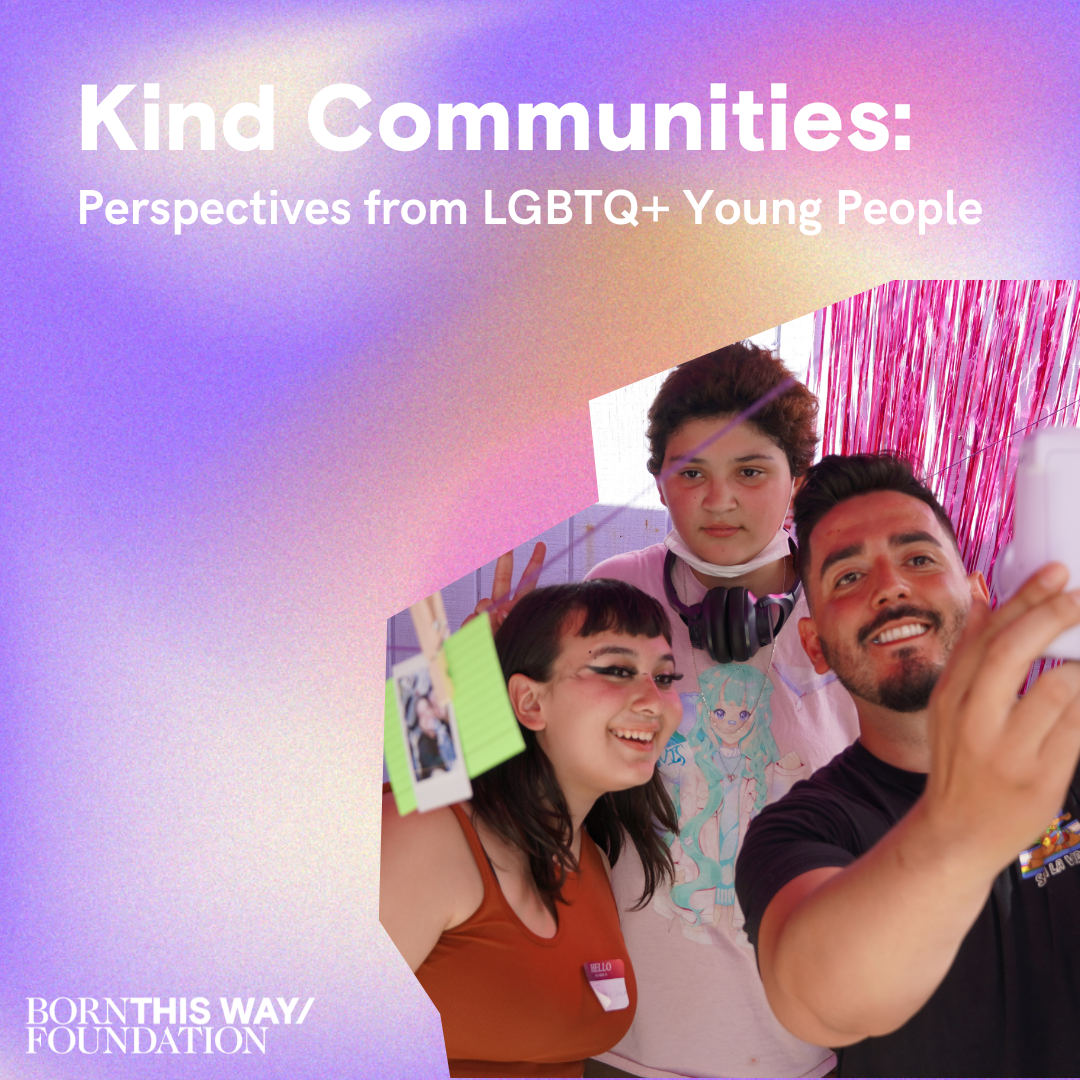“When you were in high school, if I told you to do something or not to do something, you would do the opposite.”
Twenty-five years later, my mom and I are able to laugh when she shares this comment with me. But we both know our history was not always filled with laughter. We struggled at times throughout my high school and college years.

And so, my mom adapted her approach with me. She stopped talking at me and started talking with me. She engaged in discussions around difficult topics with me and allowed me to develop decision-making skills by listening to my step-by-step thought process. As a behavioral scientist, I now know that this approach is a pillar of youth-led participatory action research, an approach that draws on the expertise of youth to conduct research and then advocate for change. It was something my mom intuitively did because she noticed a positive change in my behavior. She shared: “When I started asking how you thought you should handle the situation, you seemed to figure it out on your own. I would have made the same recommendation, but you needed to get there yourself—in your own way.” This approach changed the trajectory of my life.
Youth-led participatory action research is inquiry-based (i.e., grounded in youth experiences), participatory (i.e., involvement of their input), and transformative (i.e., focused on action) (1). This approach is rooted in adult-youth trust (2) and, when practiced, it improves critical thinking, cognitive management bias (i.e., being open to new information when one holds a strong opinion or emotion concerning it), perceived control (i.e., the ability to influence both internal states and external environments), and more (3). The brain is the most malleable during adolescence through young adulthood, (4) and for this reason, it is an opportune time to develop these skills, learn coping strategies, and apply what is learned to real-life situations with a supportive safety net of peers and adults. The narrative around this time is often described as “tumultuous” or “risk-taking,” yet in fact, it is an incredibly exciting time to explore, learn, and “try things on” to see if they fit—whether it be a new skill or approach.

I am often asked, “How do we support our young people during this stage?” Well, we get out of the way and let them lead. We create systems and structures to elevate their perspectives. We advocate for their input in everything that involves them. And most importantly, we keep them safe and affirm their identities to allow them to openly share their perspectives and show up as their true, authentic selves when they do.
Our impact at Born This Way Foundation is informed by youth-led participatory action research. We gather input from young people through surveys, focus groups, and our Advisory Board. We create platforms for their active participation and engagement via Channel Kindness and #BeKind365. When they shared that they wanted to learn how to support their peers, we partnered with Jack.org to create the Be There Certificate. We listen to and learn from young people to inform our actions.
If, like me, you didn’t like being told what to do in high school, then I hope, like me, you will commit to creating safe online and physical environments where our young people can share their opinions openly and honestly…even if it is to tell me that I dance as if I am “at a retirement party.”
In service to our young people, always and forever.
- Rodriguez, L. F. & Brown, T. M. (2009). From voice to agency: Guiding principles for participatory action research with youth. New Directions for Youth Development, 2009 (123), 19-34.
- Ozer, E.J., Newlan, S., Douglas, L., & Hubbard, E. (2013). “Bounded” empowerment: Analyzing tensions in the practice of youth-led participatory research in urban public schools. American Journal of Community Psychology, 52, 13-26. doi: 10.1007/s10464-013-9573-7
- Ozer, E. J. (2017). Youth‐led participatory action research: Overview and potential for enhancing adolescent development. Child Development Perspectives, 11(3), 173-177.
- Steinberg, L. (2011). Demystifying the Adolescent Brain. Educational Leadership.













